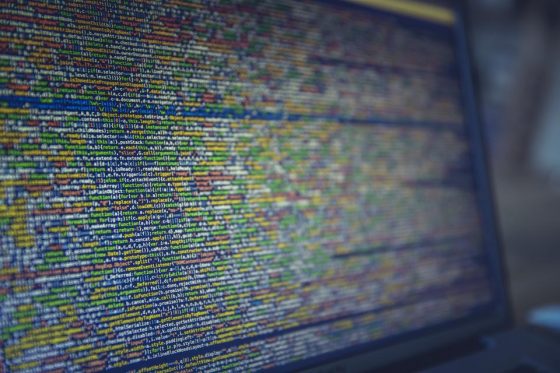(2016-12-15, 13:31)GizBeat Wrote: [ -> ]I agree with most of what you say here Ed. I'm actually not so bothered by the location issue (though the article does allude to that)... It's more regarding the amount of other people's data that's sifted through in the process.
And, there's just something about the whole thing being 'easy'. Like some microscope that can be turned on an individual at the drop of a hat. Of course, if we're not doing something wrong, what's there to worry about? Whether I'm doing something 'wrong' or not, they shouldn't be allowed to peak in on me at their whim, which is what these laws seem to be working towards.
They're also talking about forcing companies to get rid of encryption, and force building back doors for law enforcement, and forcing companies to keep client data logs for longer than 6 months. All this does of course is make smart digital criminals be safer and develop ever more sophisticated means. Do some real police work - catch rapists, murderers, thieves, assailants.
I'm going to stop there before I go off on a tangent.
I agree.
I am not bothered by location either, at least as a personal issue. However, it is location, purely as a legal precept, that would put the brakes on wholesale data sifting. It would definitely make things much more difficult if legal norms were to be followed. Imagine if law enforcement had to make a legal request to a judge for each computer, digital trail, or person they wanted to raid? I would think that it would be used in a much more targeted manner, to catch the very rapists, murderers, thieves, and assailants which you so wisely point out.
To be sure, there is a reason that specific locations are required on warrants, and congress has essentially done away with this requirement with Rule 41. The bulk of congress consists of lawyers and they know full well what they are doing with Rule 41 and what it will mean for the future.
I find it fascinating how the public swallows this "for the children" nonsense instead of using common law (and sense) to establish sane logical outcomes.
For example, imagine a hamburger shop law where hiding the recipe by scrambling the ingredients for the secret sauce was not allowed. The door out back had a special lock whereby law enforcement could come and go as they please to video patrons behind one-way glass. On top of this, each and every cash transaction had to be kept for 6 months with the name of the patron and the exact foods that were ordered. The stupidity of the situation would be apparent to all, but with the digital equivalents, there is hardly a yawn by the public at large.
I know it sounds silly, but this has happened before, and will happen again. In legal terms, it is the equivalent of sticking your foot in the door while screaming at the homeowner that you are only there for the good of the children. For this example, I give you "drunk driving laws" and the elimination of various constitutional amendments. I would also put on display "hate crime" laws.
In the end, these examples are at the root of the problem. After all, if law enforcement can put someone in prison because they said a bad word to the wrong person or set up roadblocks with armed government agents in blue costumes to pull over every driver and force them to give bodily fluids on demand... what chance do everyday internet users have?

